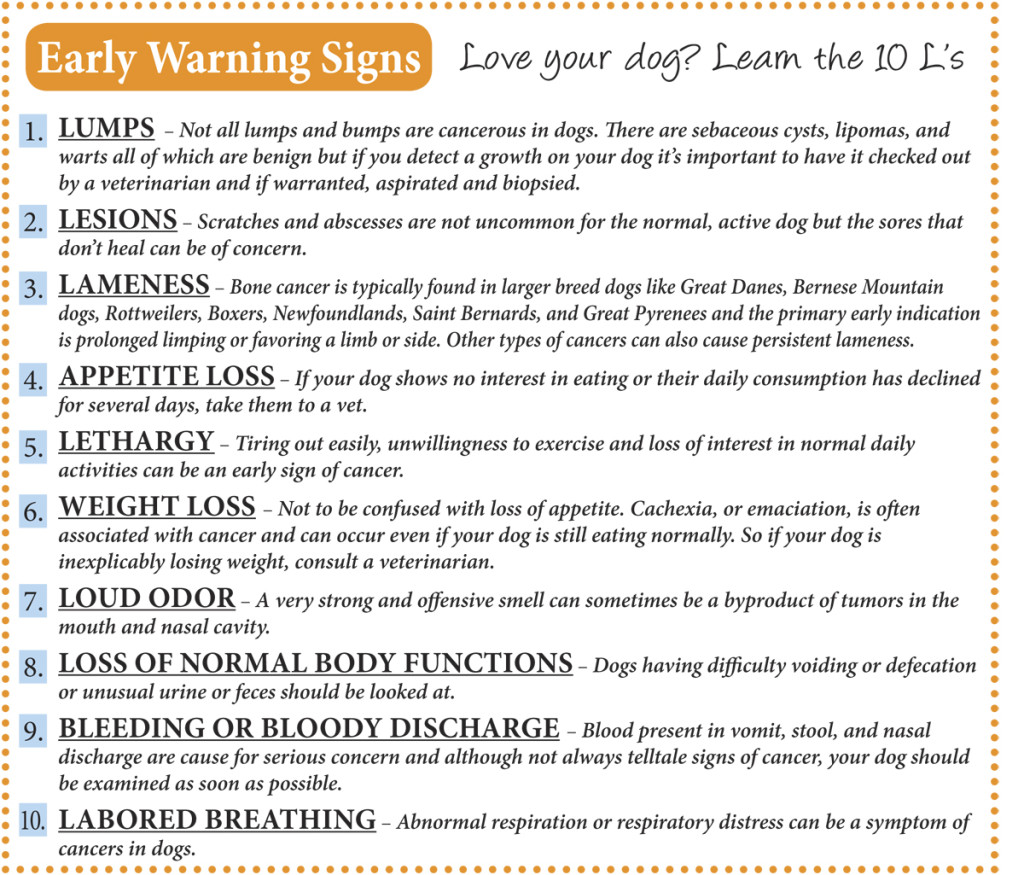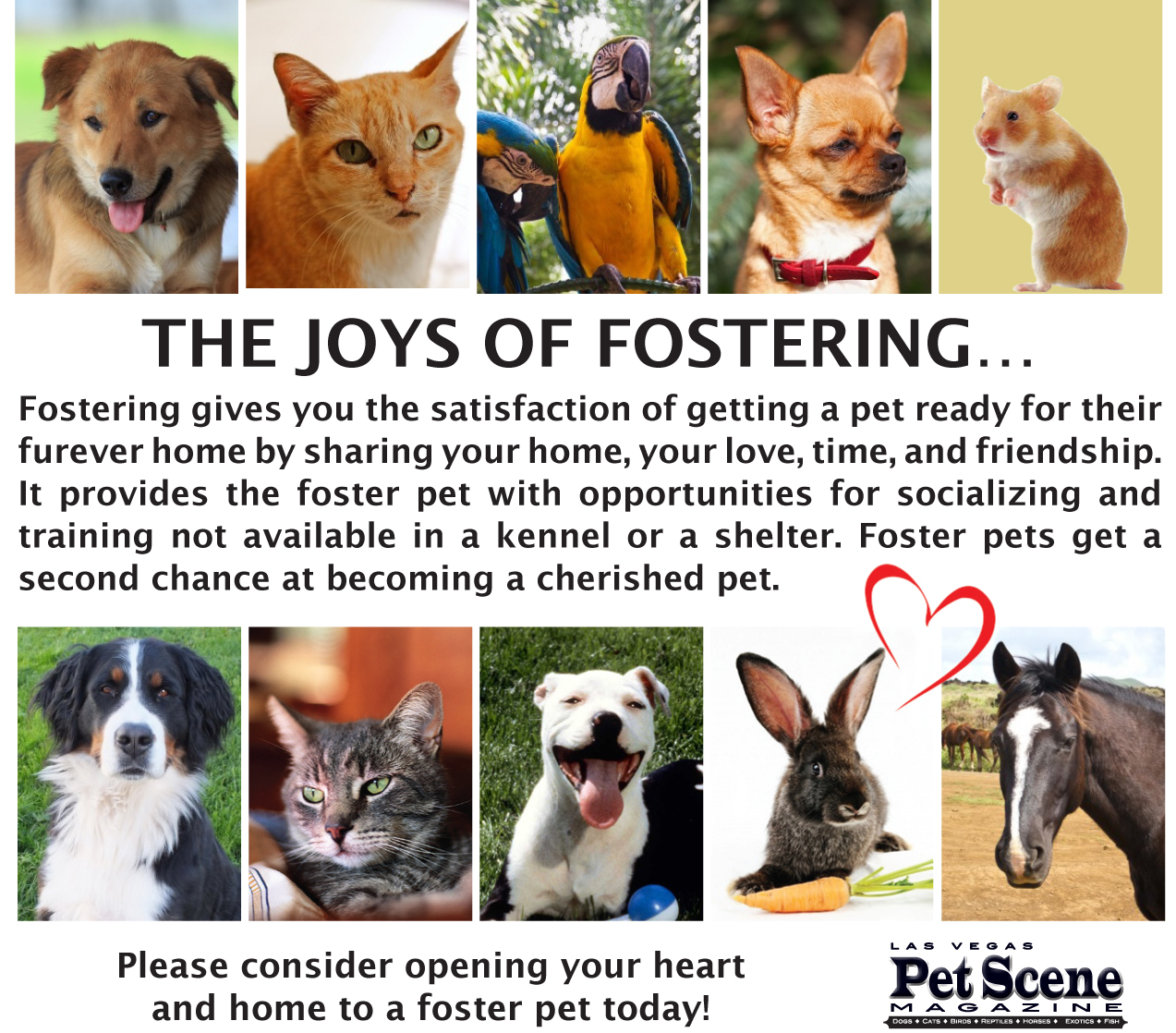Good morning – the alarm rings and you wake up refreshed and ready to start a new day. Is that your experience? Or is your experience one of restlessness, turning and tossing, and perhaps bouts of insomnia – definitely not the restful and rejuvenating experience sleep is meant to be. If your experience is the latter – one question a sleep expert would ask you is – do you sleep with your pet?
In the United States it is estimated that 50 percent of dog parents and 62 percent of cat parents share their bed with their pets. Many sleep experts warn that this practice can lead to sleep deprivation. Increasingly we are reminded of the importance of getting a good night’s sleep for our general health and well being.
The Center of Sleep Medicine at the Mayo Clinic did a number of studies after they found that more than half of the patients seeking consultations at its sleep clinic were pet owners who felt their pets were disturbing their sleep. However, a recent study surveyed 150 patients who visited the Mayo Clinic in Arizona: 56 percent of the study participants shared their bed or bedroom with their pets – of those, 20 percent reported sleep problems because of pets, however, 41 percent felt their sleep improved because of their pets. The participants said they felt more relaxed, secure, and enjoyed the feelings of closeness and companionship with their pets in the same room or bed with them. The conclusion of many researchers based on these results and similar studies is that sleeping with your pets can be beneficial.
My two cats sleep with me. The older one is absolutely no problem. Rowdy, the younger one wants to play at 4:00 AM and if his playfulness wakes me up I usually put him out of the bedroom and close the door. If I’m sleeping soundly and don’t hear him I am usually awakened by a loud crash – such as a potted plant pushed off a shelf….(what was I thinking anyway – a plant on a shelf ? Definitely too tempting for a kitten). I’m sure my sleep is somewhat disrupted because of sleeping with my cats but the closeness and companionship are worth it.
I loved this article by Bill Barol, Why It’s So Wrong – But So Right – to Sleep With Your Pets
http://www.fastcompany.com/3042778/sleep-week/why-its-so-wrong-but-so-right-to-sleep-with-your-pets



